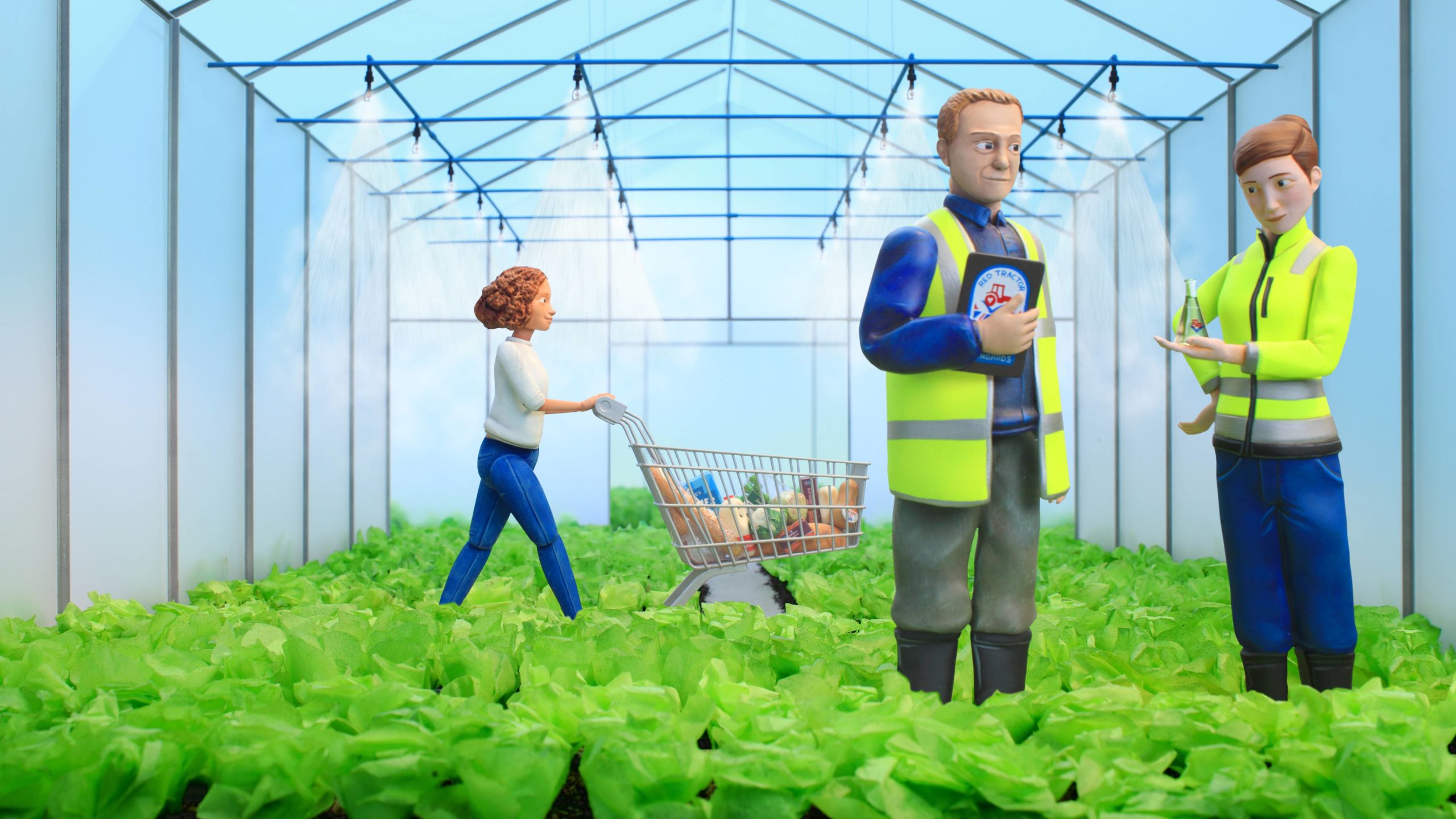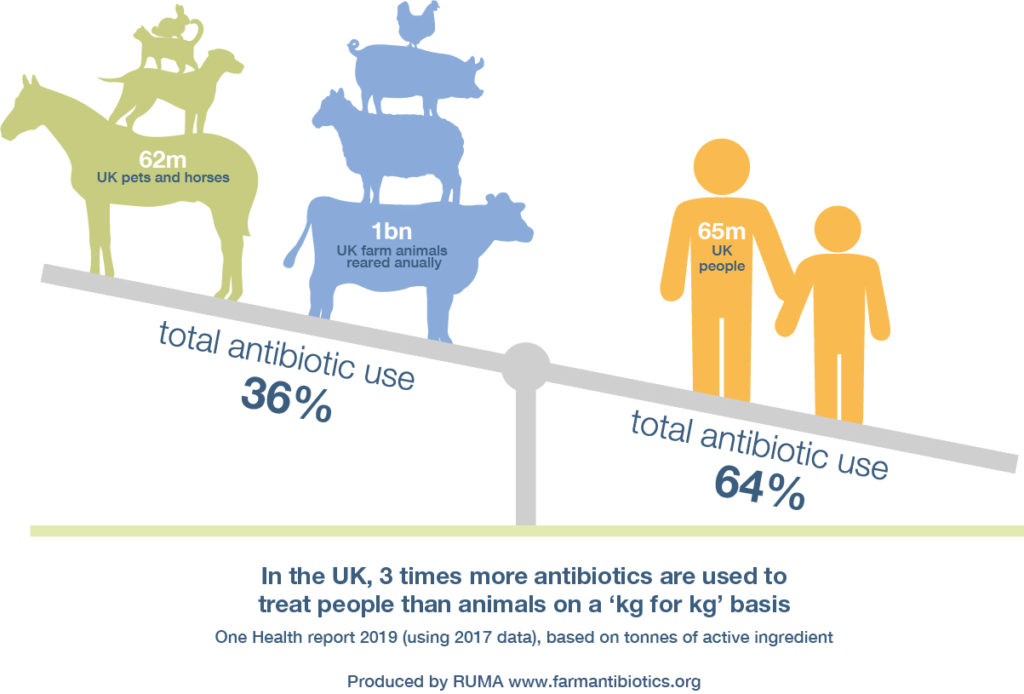What makes Red Tractor certified British food and drink safe?
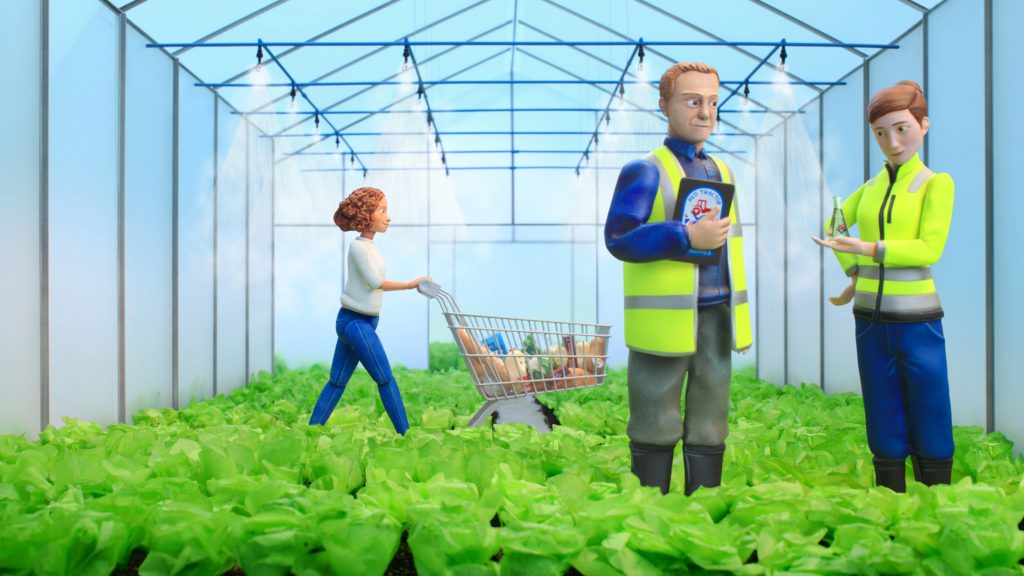
Whenever you buy and enjoy food and drink that’s certified to Red Tractor standards, you’re tucking into something that’s always British, and traceable, safe, and farmed with care. Looking at the second pillar of our three-part promise, how can we be certain that food is safe to eat?
Firstly, we’d like to give a nod to the Food Standards Agency (FSA) and explain how we work alongside this important government body to ensure the safety of UK-produced food.
Both the FSA and Red Tractor were created more than 20 years ago in the wake of multiple food safety scares, at a time when trust in British food was at an all-time low. The FSA is an independent government department working to protect public health in relation to food. We share information and work efficiently together to find solutions to food safety challenges and prevent fraud in the supply chain
This collaboration not only protects people’s health, but also aids the FSA’s mission to reduce the economic burden of foodborne illness and support the UK economy and trade by ensuring that our food has a strong reputation for safety and authenticity in Britain and overseas. The partnership is viewed internationally as an exemplar for how assurance schemes can work effectively with government bodies.
The Red Tractor assurance scheme covers not just farms, but the entire British food supply chain. This means the Red Tractor logo can only be used on food that has been grown, reared, transported, stored, and packed in the UK to all the required standards as defined by our rules. Here’s an example of what we cover using the nation’s favourite meat – chicken.
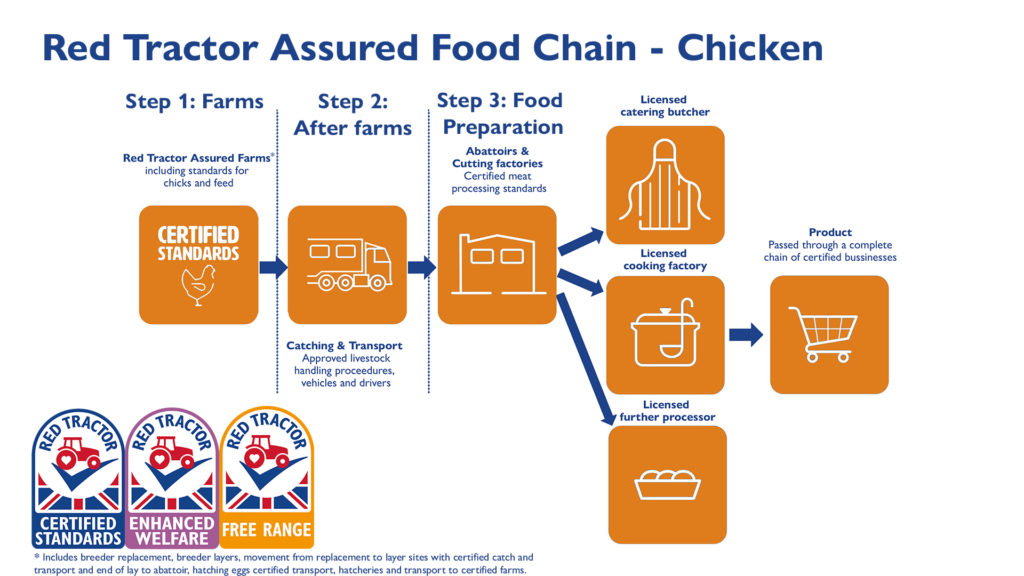
We have standards specifically designed to assure food safety at every step of the food supply chain. We carry out rigorous checks to verify that each step in the supply chain is certified and meets our standards – this includes all Red Tractor licensed food processing sites, which take raw products like cuts of pork and turn this into sausages, or potatoes into chips.
Then there’s fresh fruit and vegetables. These are the foundation of a healthy diet, but the way we tend to eat them comes with extra risks which need to be carefully mitigated. This is because they are frequently consumed without cooking – and we know this can minimise some of the most significant food safety risks.
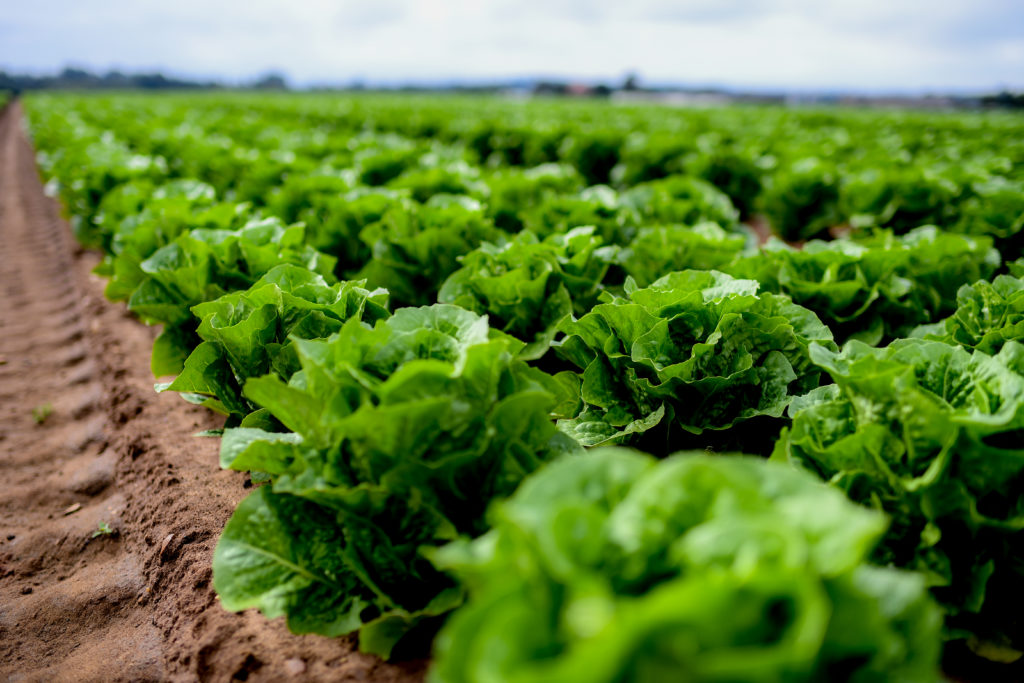
© Andrew Parsons/Parsons Media
Here’s an example. Imagine you’re making a tasty chicken Caesar salad from scratch. We know that making sure the chicken is cooked thoroughly vastly reduces the risk of foodborne illnesses, but beyond rinsing the lettuce, there’s not much you can do.
For this reason, raw and unprocessed foods need to be grown to standards which prevent food safety hazards from occurring in the first place – including testing the water that’s used to irrigate fruit and vegetable crops. Fresh fruit and vegetables need to be produced in a strictly controlled and hygienic way to reduce risk at each stage of the process and ensure your food is safe to eat. This means that Red Tractor certified fresh produce is safe to eat from the moment it is picked on the farm.
Having world-leading standards for food safety and food production has helped protect the UK from some of the outbreaks and food contamination incidences that have been seen in other countries in recent years, including the E.coli outbreak in Romaine lettuce in the US in 2018.
The fight against anti-microbial resistance
Headlines warning of the dangers of the widespread use of antibiotics are a regular feature in today’s news. Antimicrobial resistance is a phenomenon which poses a global threat to public health.
This challenge isn’t something that is only faced by doctors and human healthcare – its impact can also be felt in the environment, our pets and on farms.
With a clear focus on housing conditions, nutrition, hygiene and animal care, with regular veterinary oversight, our standards prioritise preventing the need for antibiotics in the first place, along with their responsible use on farms. This means that they are only used when absolutely necessary and so lessening the risk of building up resistance to antibiotics.
Today, UK livestock receive proportionally less antibiotics compared with humans. This is five times lower than typical farm animal usage in the US, according to the Alliance to Save Our Antibiotics.
All Red Tractor farmers are regularly inspected to make sure they’re doing their bit to refine antibiotics use and tackle the threat of superbugs, all without having a detrimental effect on animal health and welfare. Red Tractor standards mean farmers keep a record of medicines used and must stick to strict withdrawal periods for these before a treated animal can progress through the supply chain.
British Red Tractor food is safe
Alongside UK law and the work of the FSA, Red Tractor’s food safety standards are a major reason why just 3.6% of the population suffer from foodborne illnesses each year in Britain, compared with around 17% of people in the US according to the Centre for Disease Control and Prevention.
In short, by looking for the Red Tractor logo, you can be confident that rigorous food safety standards have been met and the produce can be traced right back through the supply chain to the British farms it came from.
